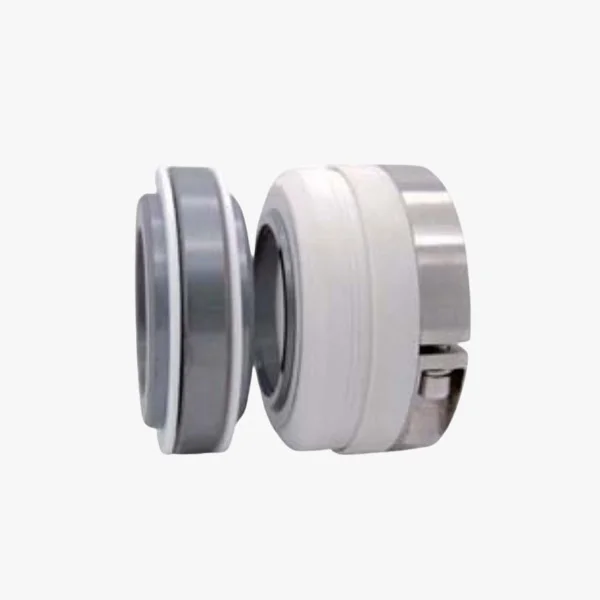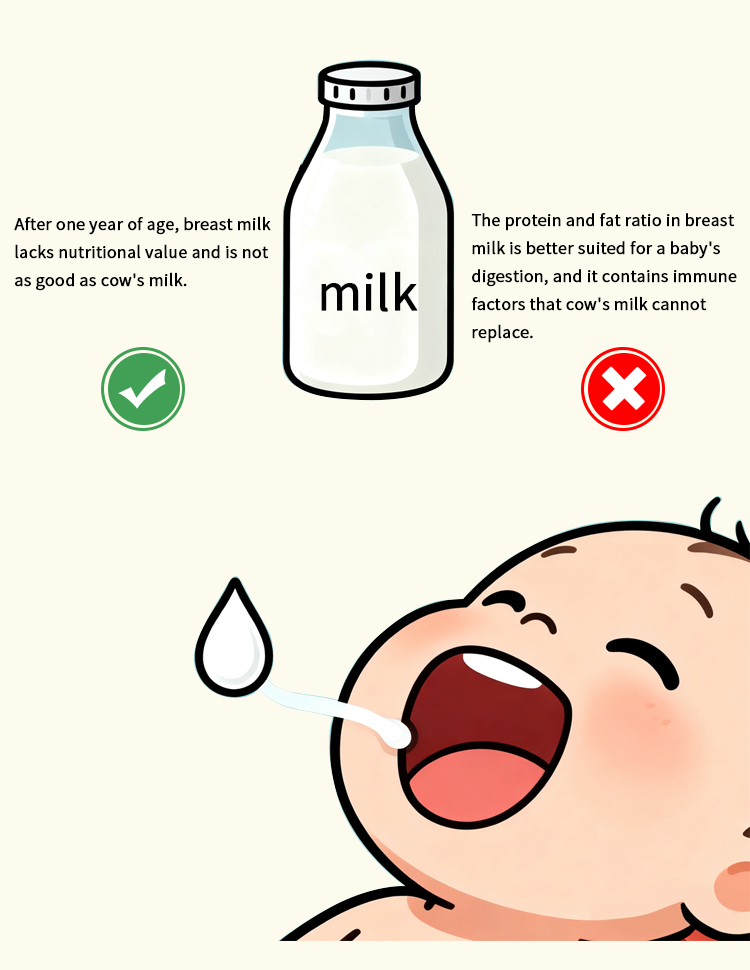Common Failure Modes of Elastomer Bellow Shaft Seals and How to Prevent Them
In industrial machinery, shaft seals play a crucial role in preventing leaks, protecting equipment, and ensuring smooth operation. Among them, elastomer bellow shaft seals are widely used due to their flexibility, resilience, and ability to maintain a tight seal under varying pressures and temperatures. However, like any mechanical component, these seals are susceptible to specific failure modes. Understanding these failures and implementing preventive measures can significantly extend the life of your equipment. Companies like Ningbo Wecan Seals Co., Ltd., a professional manufacturer and exporter of high-quality mechanical seals, provide reliable solutions and guidance for optimizing seal performance.

Common Failure Modes
-
Abrasion and Wear
Continuous friction between the seal lip and the rotating shaft can cause material loss over time. This wear may lead to leakage and reduced sealing efficiency.
Prevention: Use high-quality elastomer materials suitable for the operating temperature and speed. Proper lubrication and maintaining correct shaft surface finish can also reduce friction. -
Chemical Degradation
Exposure to aggressive chemicals, solvents, or incompatible fluids can degrade elastomer materials, causing swelling, hardening, or cracking.
Prevention: Select elastomers compatible with the process fluids. Materials such as Viton®, NBR, or EPDM are chosen based on chemical resistance requirements. -
Thermal Damage
Excessive heat from friction, high ambient temperatures, or process fluids can harden or deform the elastomer, compromising its sealing function.
Prevention: Ensure the seal is rated for the operating temperature range. Adequate cooling or heat dissipation measures can prevent overheating. -
Installation Errors
Improper installation, including misalignment, incorrect shaft sizing, or over-tightening, can damage the bellow seal or cause uneven wear.
Prevention: Follow manufacturer installation guidelines. Use proper tools and techniques to align the shaft and seal accurately. -
Mechanical Fatigue
Repeated cyclic movements or pressure fluctuations can cause cracks, splits, or permanent deformation in the elastomer bellows.
Prevention: Select seals designed for dynamic applications and consider pressure stabilizing methods. Regular inspection and timely replacement prevent catastrophic failures. -
Contamination and Particulate Damage
Dust, dirt, and other particulates can abrade the seal surface, leading to premature failure.
Prevention: Implement filtration systems and maintain clean operating environments. Protective boots or shields can also reduce contaminant exposure.
How Ningbo Wecan Seals Co., Ltd. Supports Seal Reliability
Ningbo Wecan Seals Co., Ltd. is a trusted manufacturer of high-quality mechanical seals, including elastomer bellow shaft seals. With its own production facilities and strict quality control processes, Wecan ensures:
-
Precision-engineered seals with consistent dimensions and material properties.
-
Customizable solutions for various industrial applications, including pumps, mixers, and rotating equipment.
-
Technical guidance on seal selection, installation, and maintenance to optimize performance and lifespan.
By leveraging their expertise, manufacturers can minimize seal failures, reduce downtime, and enhance overall operational efficiency.
Conclusion
Elastomer bellow shaft seals are critical components in maintaining the integrity and performance of rotating machinery. Common failure modes such as abrasion, chemical degradation, thermal damage, installation errors, mechanical fatigue, and contamination can be effectively mitigated through careful material selection, proper installation, and preventive maintenance.
Working with professional suppliers like Ningbo Wecan Seals Co., Ltd. ensures access to high-quality seals, tailored solutions, and technical expertise that protect your equipment, reduce maintenance costs, and improve operational reliability.
www.wecan-seals.com
Ningbo Wecan Seals Co., Ltd.

Average Rating